Professor Michael Vastine joined the faculty of St. Thomas University College of Law in 2004, where he is a tenured professor of law and Director of the Immigration Clinic. A frequent conference speaker and author, he is also a leader of the immigration bar, with extensive service within the American Immigration Lawyers Association (AILA). From 2011-20, he was elected to serve on the AILA South Florida Chapter Board of Directors, including a term as Chair of the Chapter. Professor Vastine’s AILA national-level service includes multiple terms on the Federal Litigation Section Steering Committee, Annual Conference Planning Committee, and Amicus Curiae Committee. His impact litigation principally relates to immigration and crimes, including the lead case at the Florida Supreme Court establishing the constitutional rights of immigrant defendants to effective representation by their criminal counsel, and multiple cases at the U.S. Court of Appeals for the Eleventh Circuit delineating the immigration consequences of Florida convictions involving controlled substances. Additionally, he has represented AILA and other community-based organizations, as amicus curiae counsel, in forums ranging from the Board of Immigration Appeals to the U.S. Supreme Court, in matters including the constitutional limits of indefinite detention of immigrants, the due process rights of the physically deported, and the immigration consequences of state crimes. In 2013, Professor Vastine received the AILA (National) Elmer Fried Award for Excellence in Teaching.

- This event has passed.
World Day of Migrants and Refugees
September 27, 2020
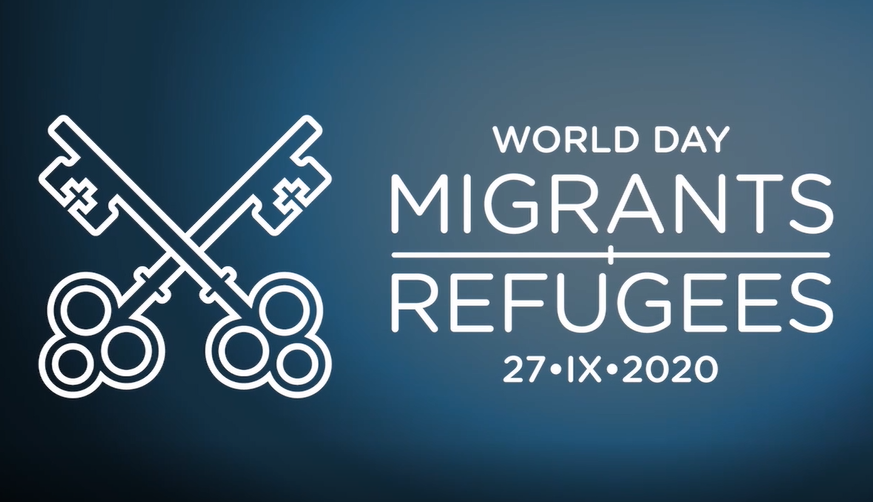
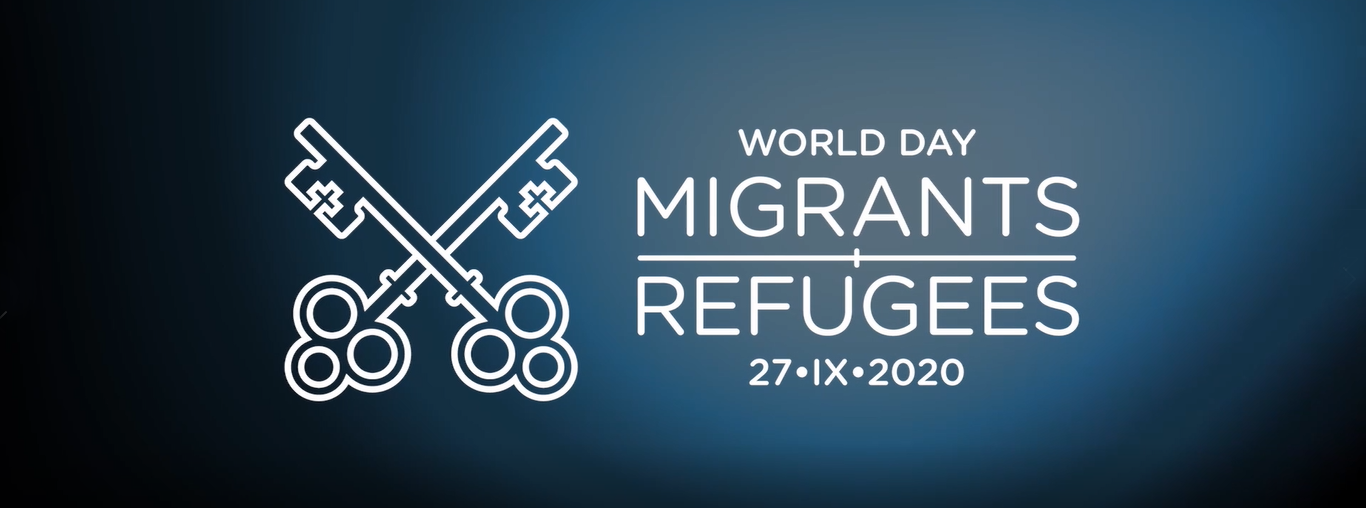
The John J. Brunetti Human Trafficking Academy of the LL.M./J.S.D. Program in Intercultural Human Rights is proud to join the Holy Father for the 106th World Day of Migrants and Refugees for 2020. This year’s theme, “Forced like Jesus Christ to Flee,” calls us to focus on welcoming, protecting, promoting and integrating vulnerable people on the move, including the 79.5 Million forcibly displaced worldwide. Forced out of their homes, livelihoods, villages and cities and internally displaced, people on the move due to poverty, conflict and various humanitarian emergencies, because of weather and more aggravating circumstances of climate change, or other desperate situations are particularly vulnerable to exploitation of all sorts, including human trafficking.
We invite you all to join us as we promote this year’s theme of the Migrants and Refugee Section of the Dicastery for the Promotion of Integral Human Development at the Vatican, and we encourage the local and global community:
To Know in Order to Understand
To Be Close in Order to Serve
To Listen in Order to be Reconciled
This September 2020, the LL.M./J.S.D. Program in Intercultural Human Rights and its Human Trafficking Academy will offer a series of online events focused on the four actions presented in Pastoral Orientations on Internally Displaced People: Welcome, Protect, Promote and Integrate.
Join us in cooperation with religious, academic, private and public actors to turn the tide in this most important battle for human dignity for all.
Upcoming Free Online Events
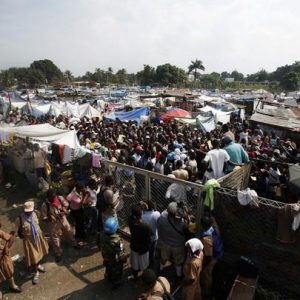 Welcoming People on the Move: Our Moral Calling to Serve the Most Vulnerable
Welcoming People on the Move: Our Moral Calling to Serve the Most Vulnerable
Monday, Sep. 21 | 12 PM – 1:30 PM (EST)
Hear about the transformation of local paradigms from rejection to welcoming of the stranger. Learn about the impact of the Syrian conflict and the differential reactions in Europe, the Haiti earthquake, the Kosovo conflict, the Cambodian war on the millions of people, who were displaced from their homes, villages, and countries.
Learn more
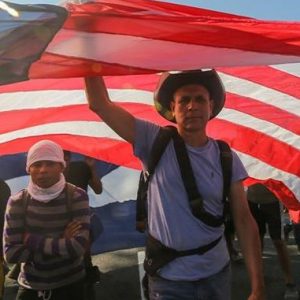 From Crisis to Crossroads: Protections in Law for Migrants and Refugees
From Crisis to Crossroads: Protections in Law for Migrants and Refugees
Thursday, Sep. 24 | 6:00 PM – 7:30 PM (EST)
This distinguished panel will discuss various forms of protections in law for migrants and refugees, including those that protect against human trafficking.
Learn more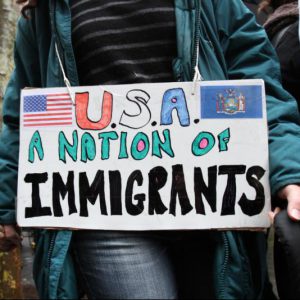 Promoting the Well-Being of Migrants and Survivors of Human Trafficking:
Promoting the Well-Being of Migrants and Survivors of Human Trafficking:
The Role of Local, Community, and Faith-Based Organizations
Friday, Sept. 25 | 12 PM – 1:30 PM (EST)
Local, community, and faith-based organizations serve a vital role in promoting the well-being of migrants and survivors of human trafficking. Hear from organizations around the nation serving these groups.
Learn more
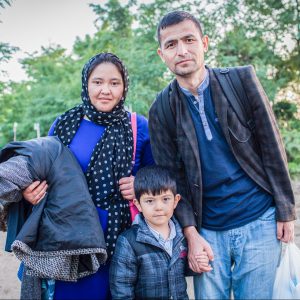 Reflecting and Praying Together: Host Communities, Migrants, Survivors of Human Trafficking
Reflecting and Praying Together: Host Communities, Migrants, Survivors of Human Trafficking
Mass Honoring the World Day of Migrants & Refugees
Sunday, Sep. 27 | 7:00 PM – 8:00 PM (EST)
Join us for Mass and prayers for durable solutions, spiritual care, and the integration of forcibly displaced persons – including survivors of human trafficking – into a receiving society.
Learn moreMessage from His Holiness Pope Francis
Videos
Resources
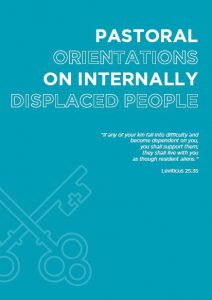
Pastoral Orientations on Internally Displaced People
Pope Francis gives enormous importance to the plight of the millions of forgotten men, women and children forced to migrate within their own countries and known internationally as internally displaced people (IDPs). In his 2020 greeting for the New Year to the Diplomatic Corps accredited to the Holy See, Pope Francis explicitly addressed the urgent needs of internally displaced people, and his compassionate concern serves as an excellent introduction to the new Pastoral Orientations on Internally Displaced People. It is the purpose of the Pastoral Orientations on Internally Displaced People to offer suggestions and guidance for action based on four verbs: welcome, protect, promote and integrate.
Download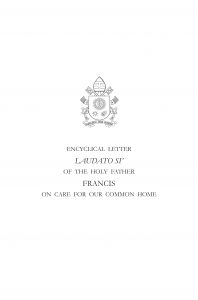 Laudato Si’: On Care for Our Common Home
Laudato Si’: On Care for Our Common Home
People on the move due to weather and more aggravating circumstances of climate change are particularly vulnerable to exploitation of all sorts, including human trafficking. Laudato Si’: On Care for Our Common Home is the appeal from Pope Francis addressed to “every person living on this planet” for an inclusive dialogue about how we are shaping the future of our planet. Pope Francis calls the Church and the world to acknowledge the urgency of our environmental challenges and to join him in embarking on a new path.
Download
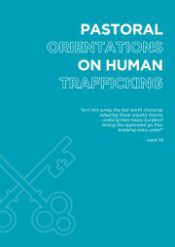
Pastoral Orientations on Human Trafficking
Millions of men, women and children are trafficked and enslaved around the world. In 2018, The Migrants & Refugees Section (M&R) held two consultations with Church leaders, scholars and experienced practitioners and partner organizations working in the field. Participants exchanged experiences and viewpoints, addressing relevant aspects of the phenomenon. The Church’s full response was considered, and this six-months process resulted in the Pastoral Orientations on Human Trafficking, which provides a reading of Human Trafficking and an understanding that motivate and sustain the much-needed long-term struggle.
Download
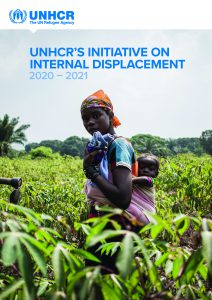 UNHCR’s Initiative on Internal Displacement (2020-2021)
UNHCR’s Initiative on Internal Displacement (2020-2021)
The United Nations High Commissioner for Refugees (UNHCR) Initiative on Internal Displacement seeks to take forth the systemic and organization-wide transformations required to make the UNHCR response to internal displacement more effective. Launched in March 2020, and based on UNHCR’s revised Policy on UNHCR’s Engagement in Situations of Internal Displacement, the Initiative is an expression of the commitment by the High Commissioner to work more systematically across the entire spectrum of displacement, including through more decisive and predictable engagement.
Download
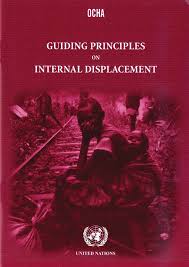 Guiding Principles on Internal Displacement
Guiding Principles on Internal Displacement
The Guiding Principles on Internal Displacement address the specific needs of Internally Displaced Persons worldwide. These principles identify rights and guarantees relevant to the protection of persons from forced displacement and to their protection and assistance during displacement as well as during return or resettlement and reintegration.
Download
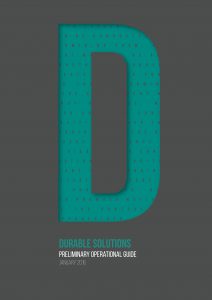 Durable Solutions Preliminary Operational Guide
Durable Solutions Preliminary Operational Guide
The Durable Solutions Preliminary Operational Guide was developed in accordance with the UN Secretary-General Decision in October 2011: to develop guidance for field-based practitioners on how to develop a strategy for supporting durable solutions for Internally Displaced Persons (IDPs) and refugees returning to their country of origin. The Guide is limited to situations where there are internally displaced persons and where refugees have returned to their countries of origin or habitual residence, if not to their regions of origin.
Download
Social Media Graphics
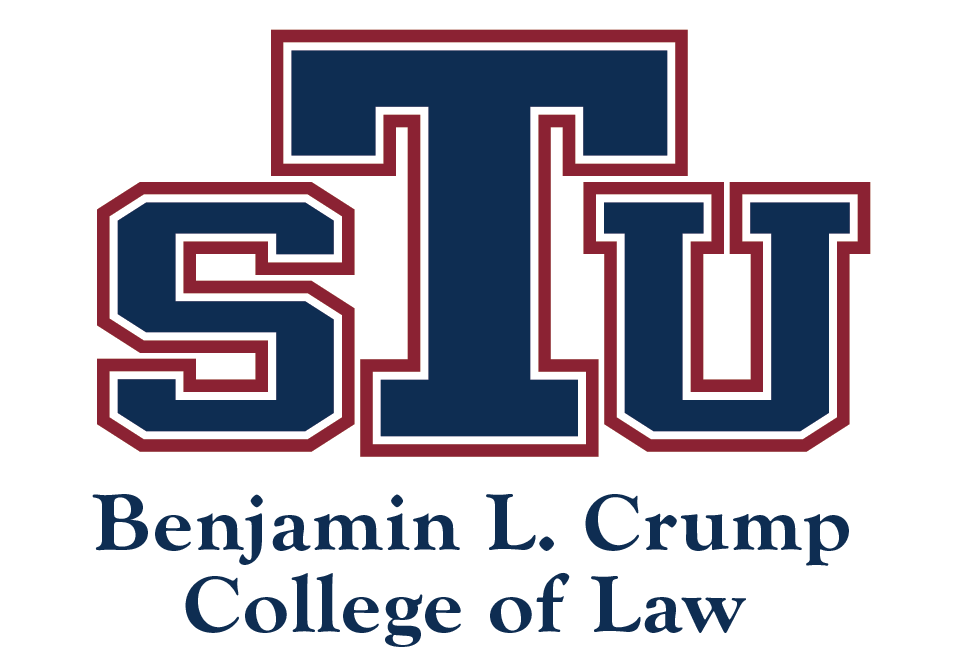

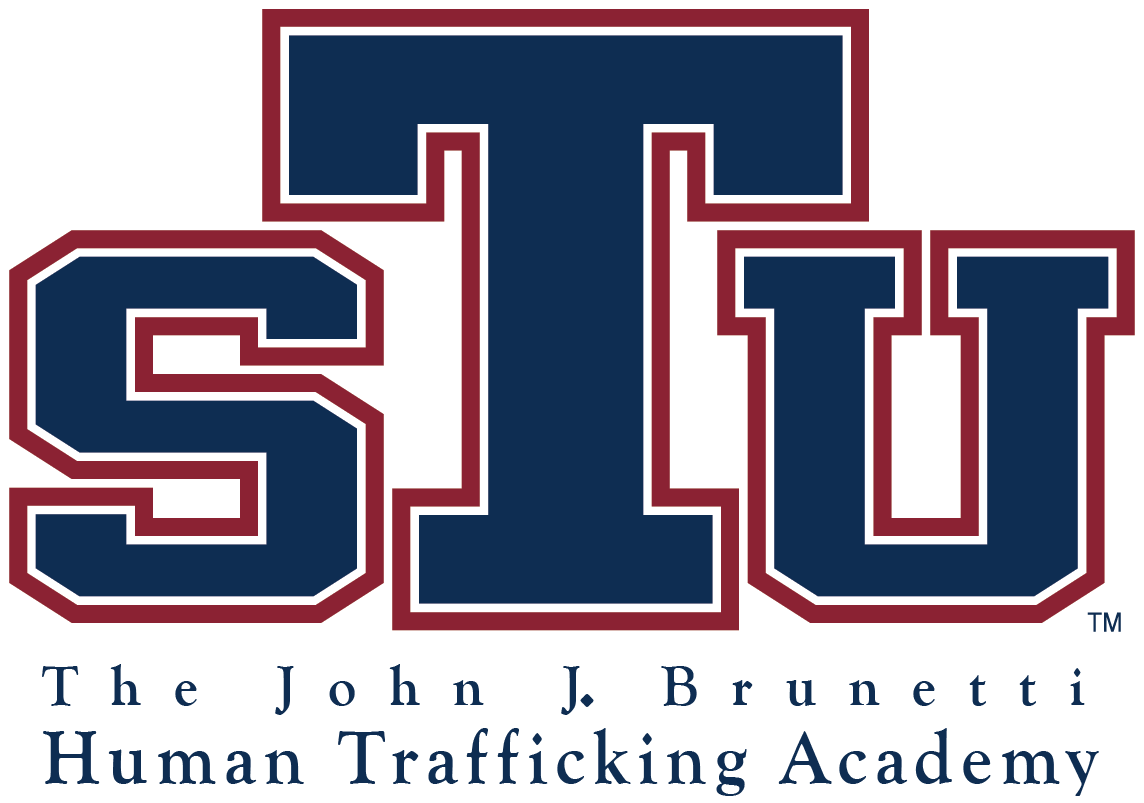
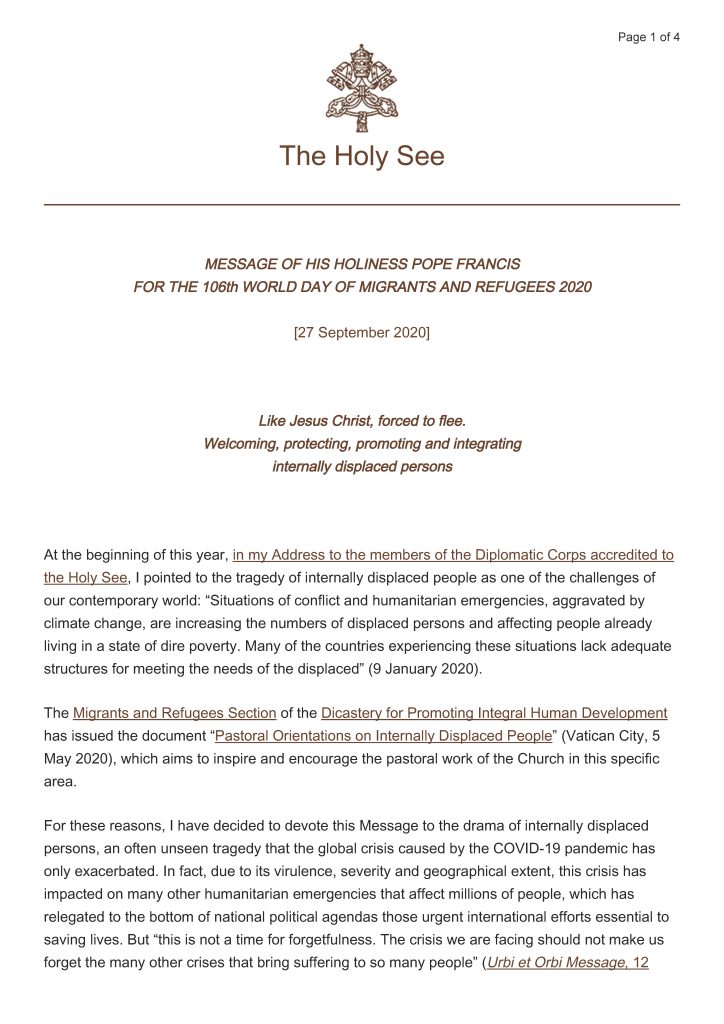
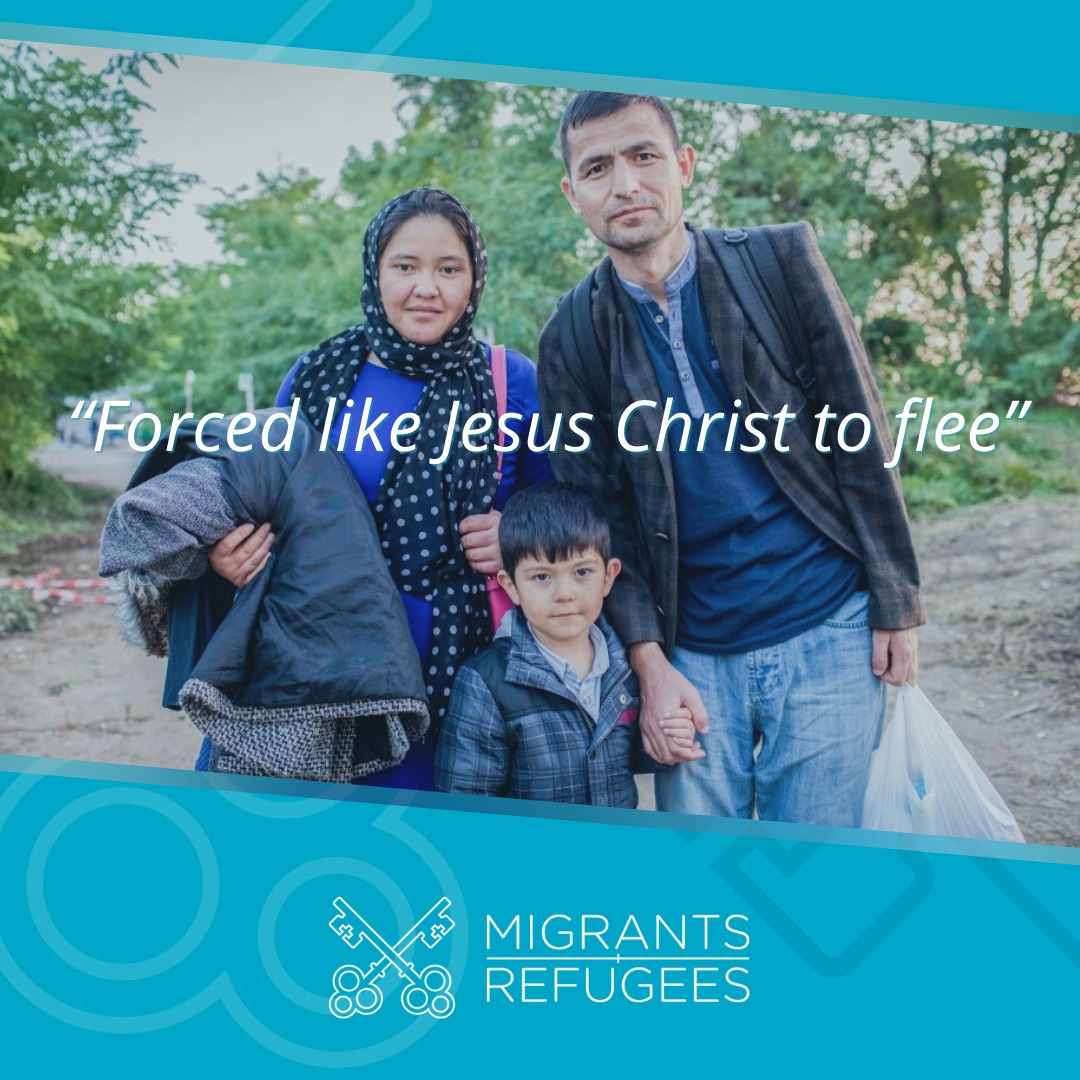
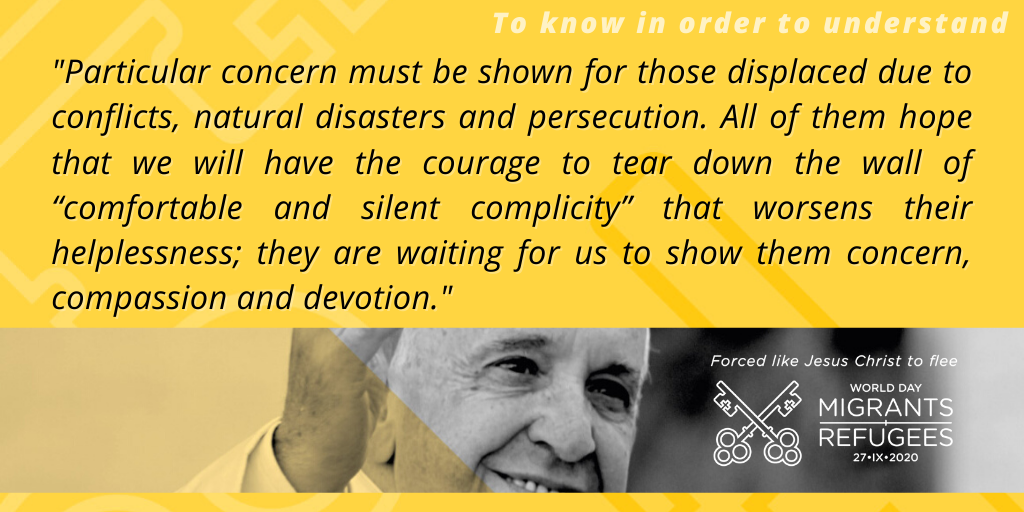
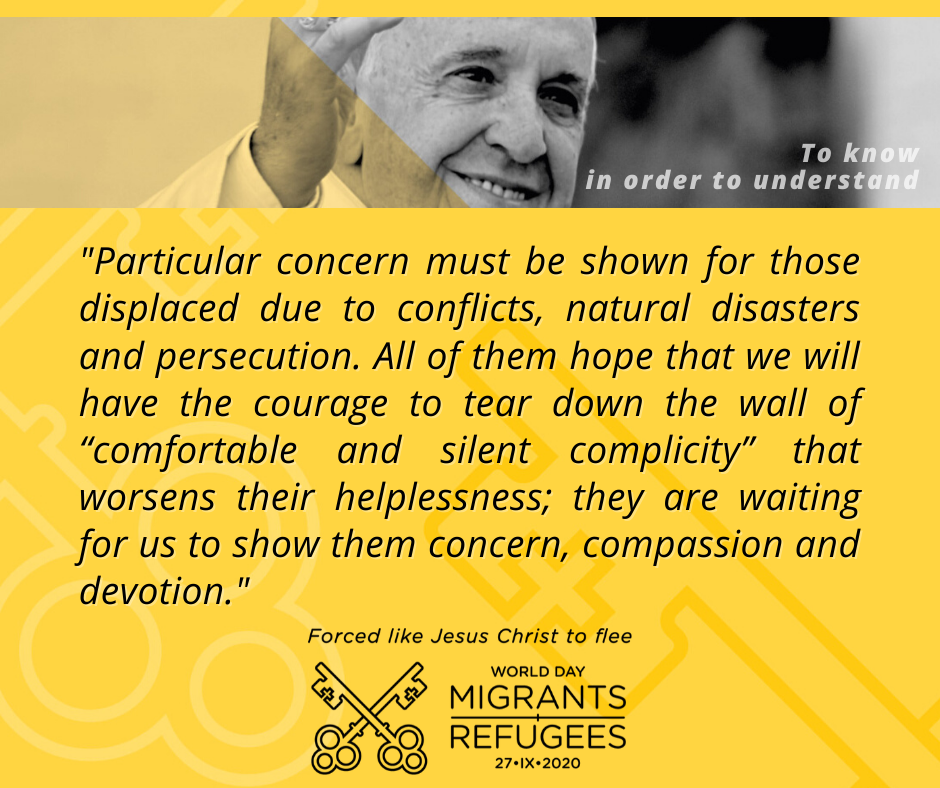
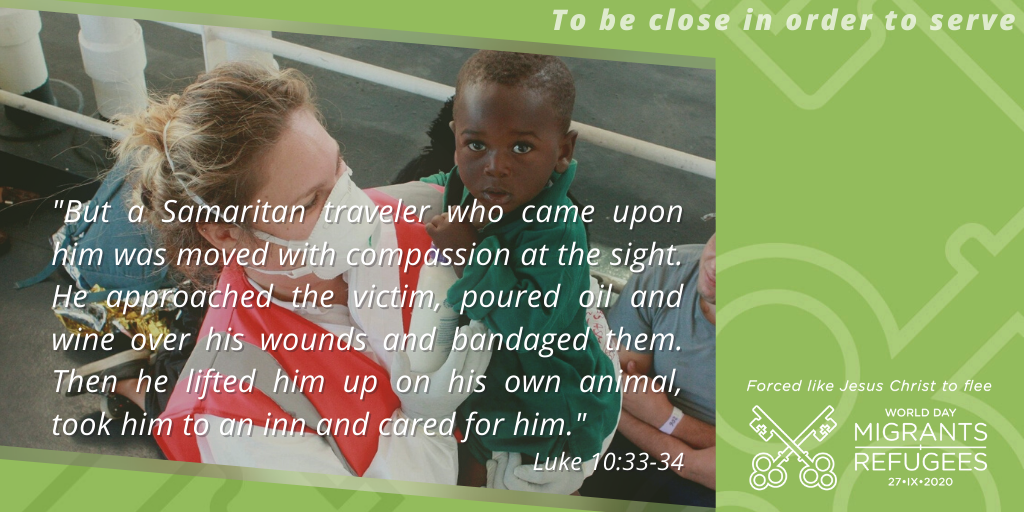
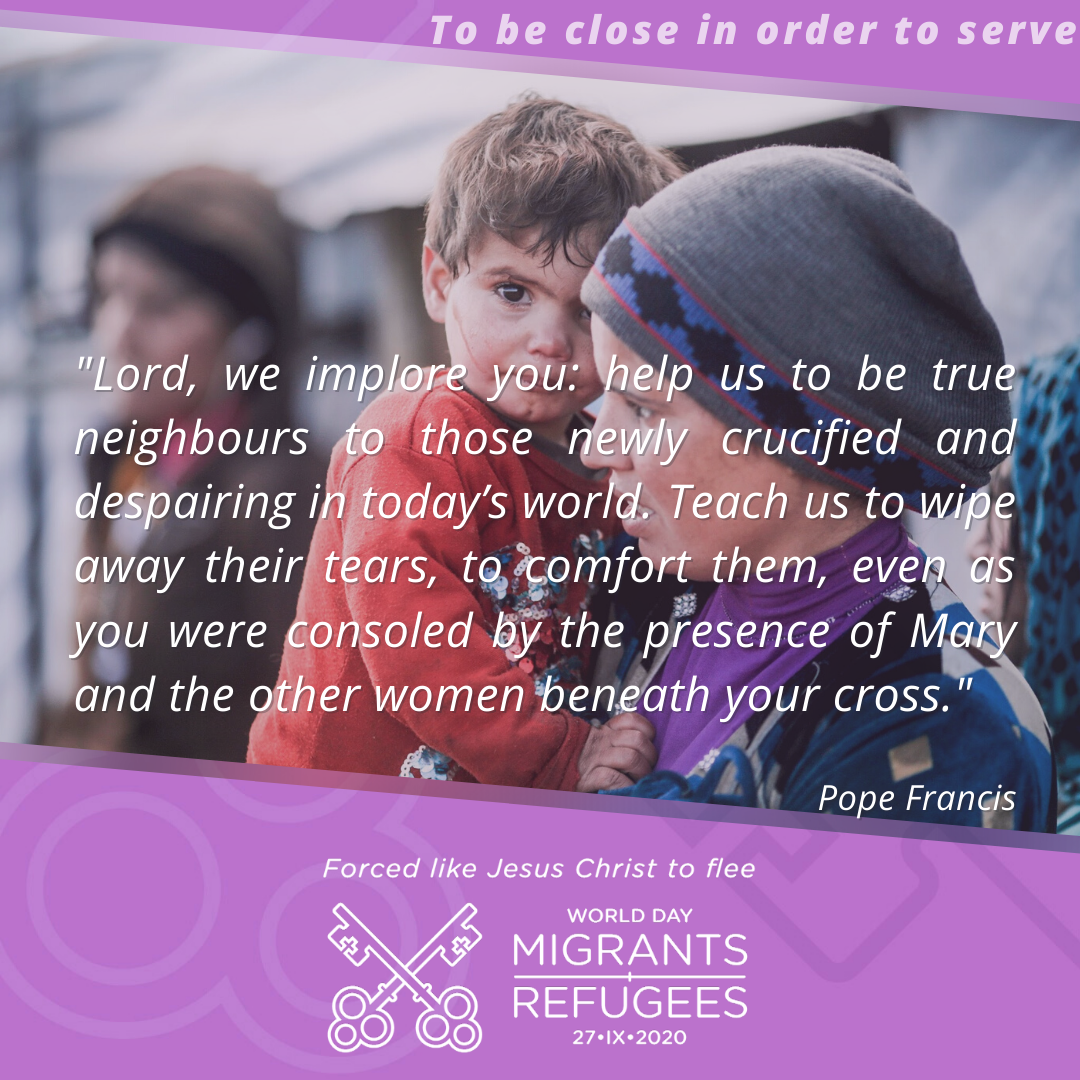
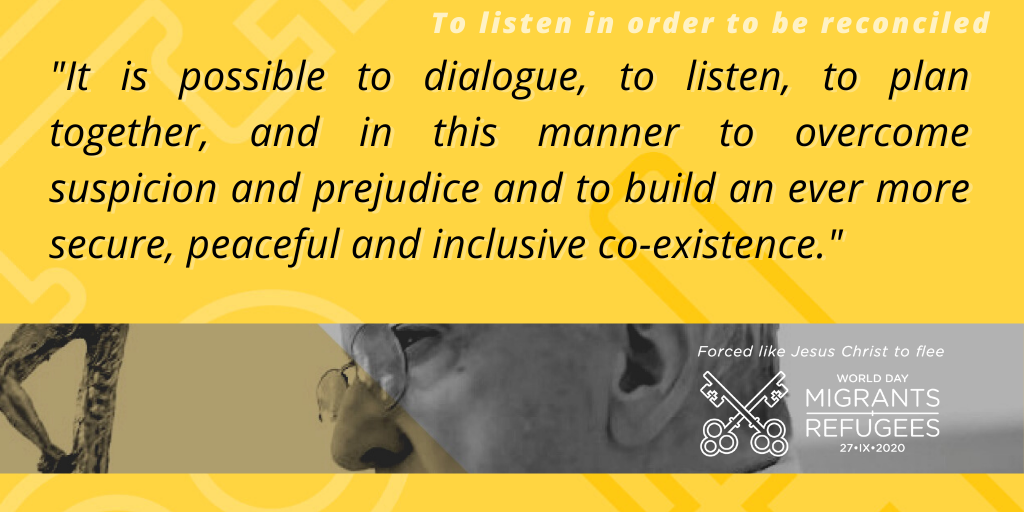
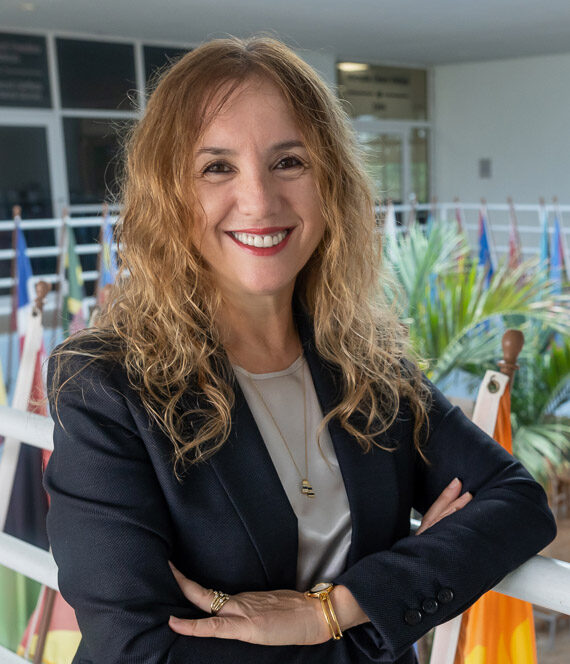 Prof. Dr. Roza Pati
Prof. Dr. Roza Pati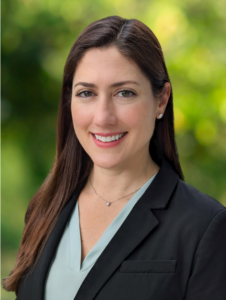

 The Honorable Kwami Adoboe-Herrera
The Honorable Kwami Adoboe-Herrera
 Professor Brendan M. Conner
Professor Brendan M. Conner  Professor Linh K. Dai
Professor Linh K. Dai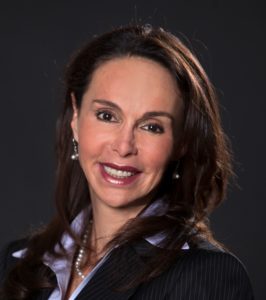
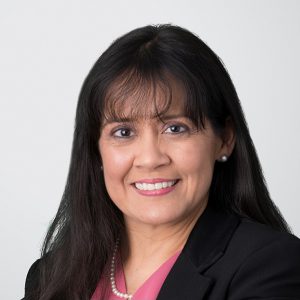

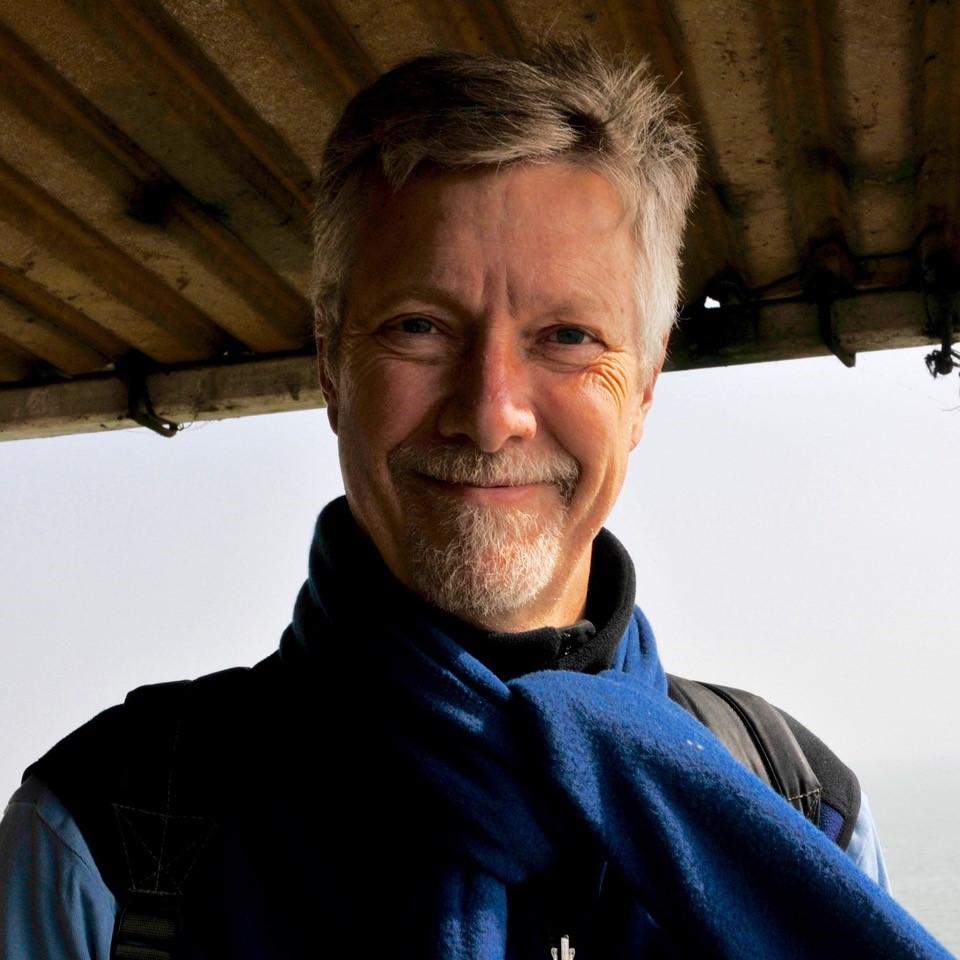
 The Honorable Bella Hounakey
The Honorable Bella Hounakey
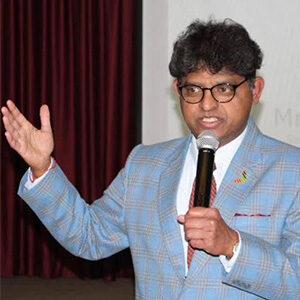 The Honorable Harold D’Souza
The Honorable Harold D’Souza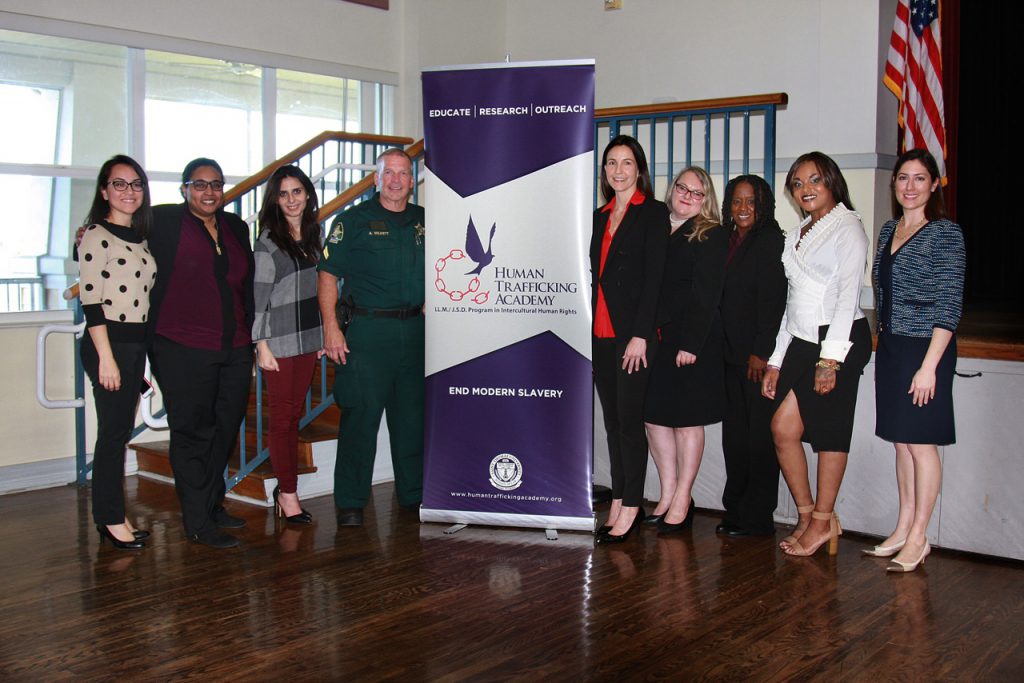
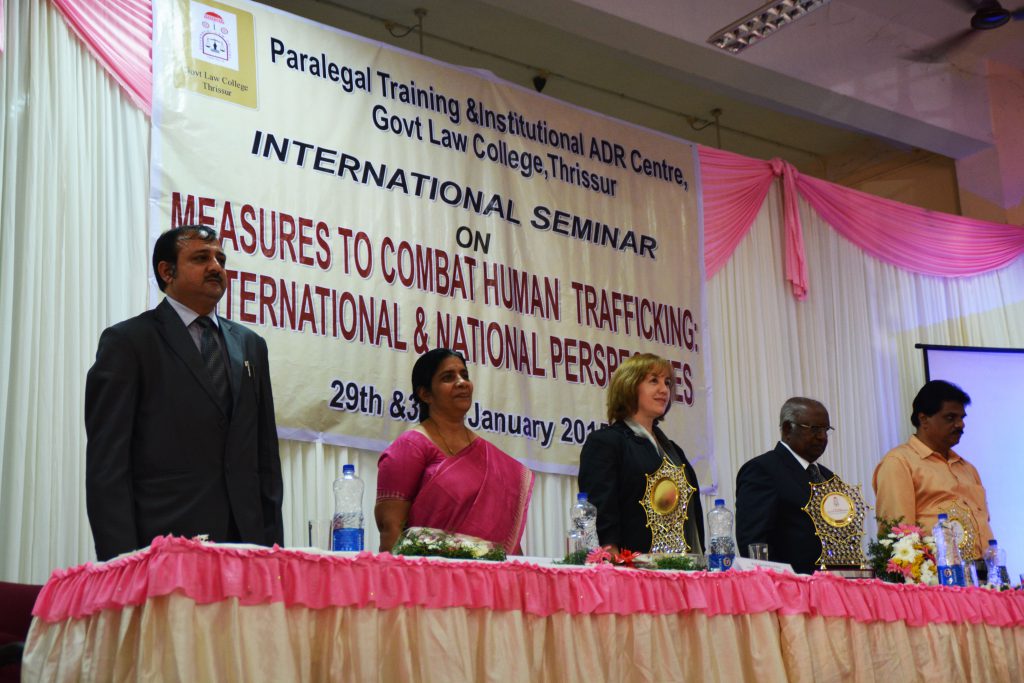
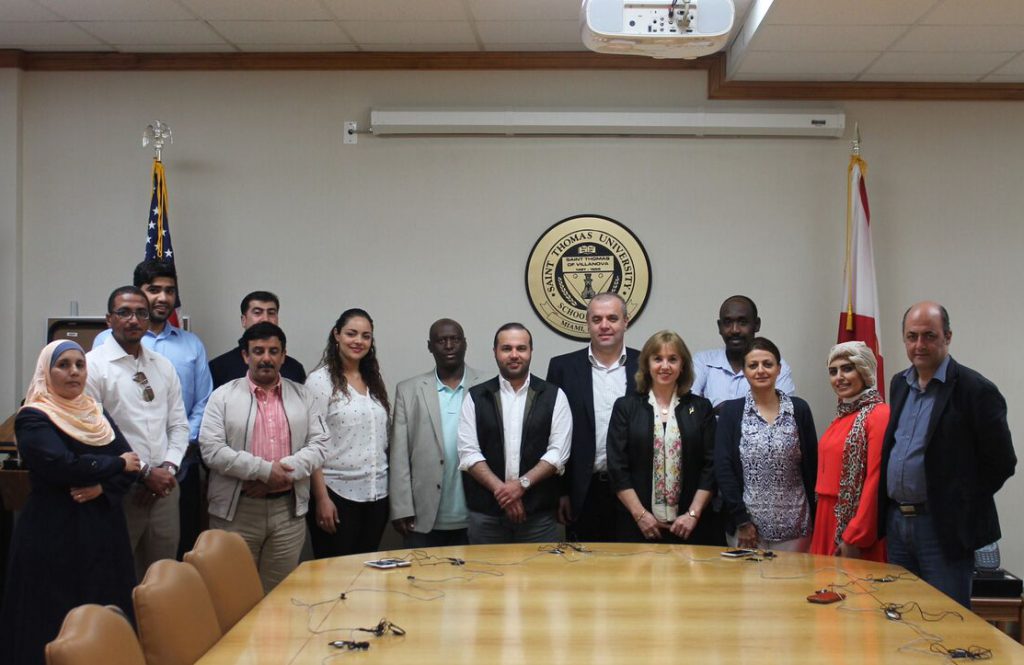
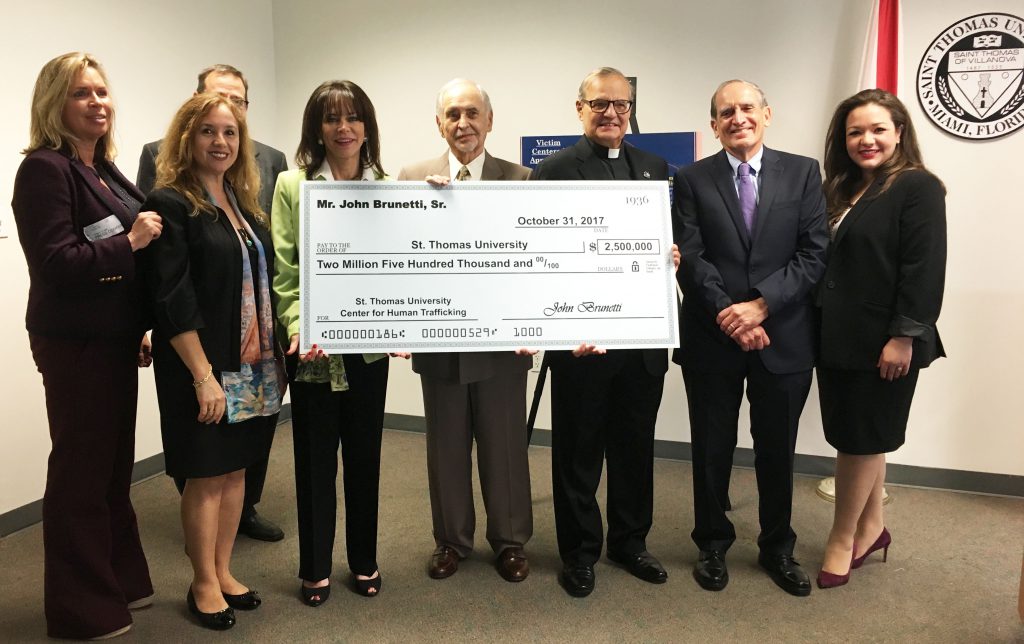
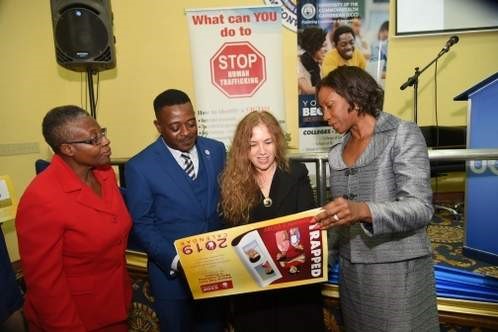
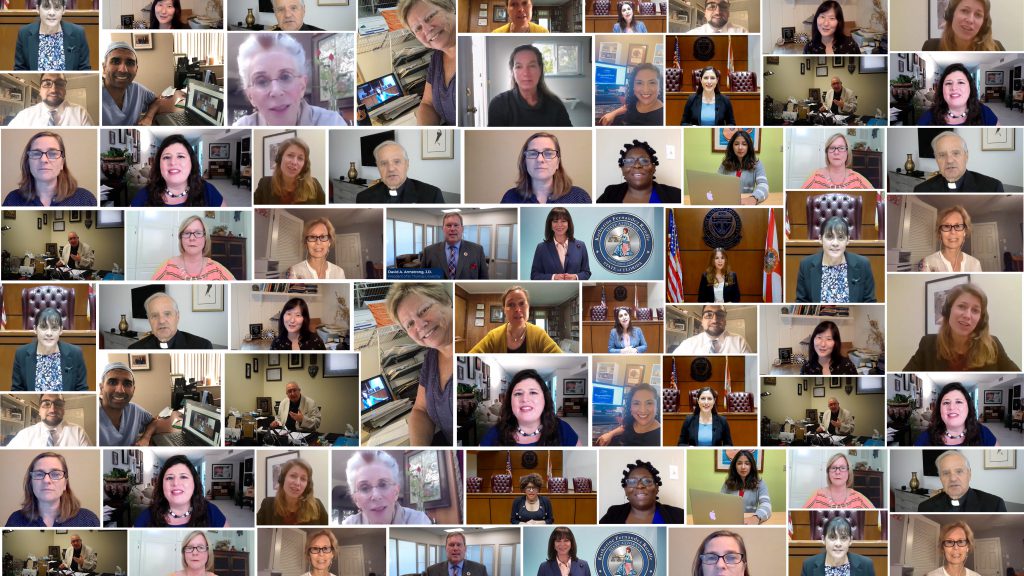
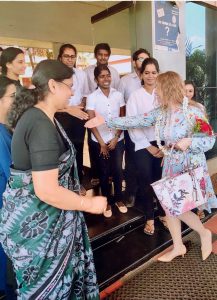
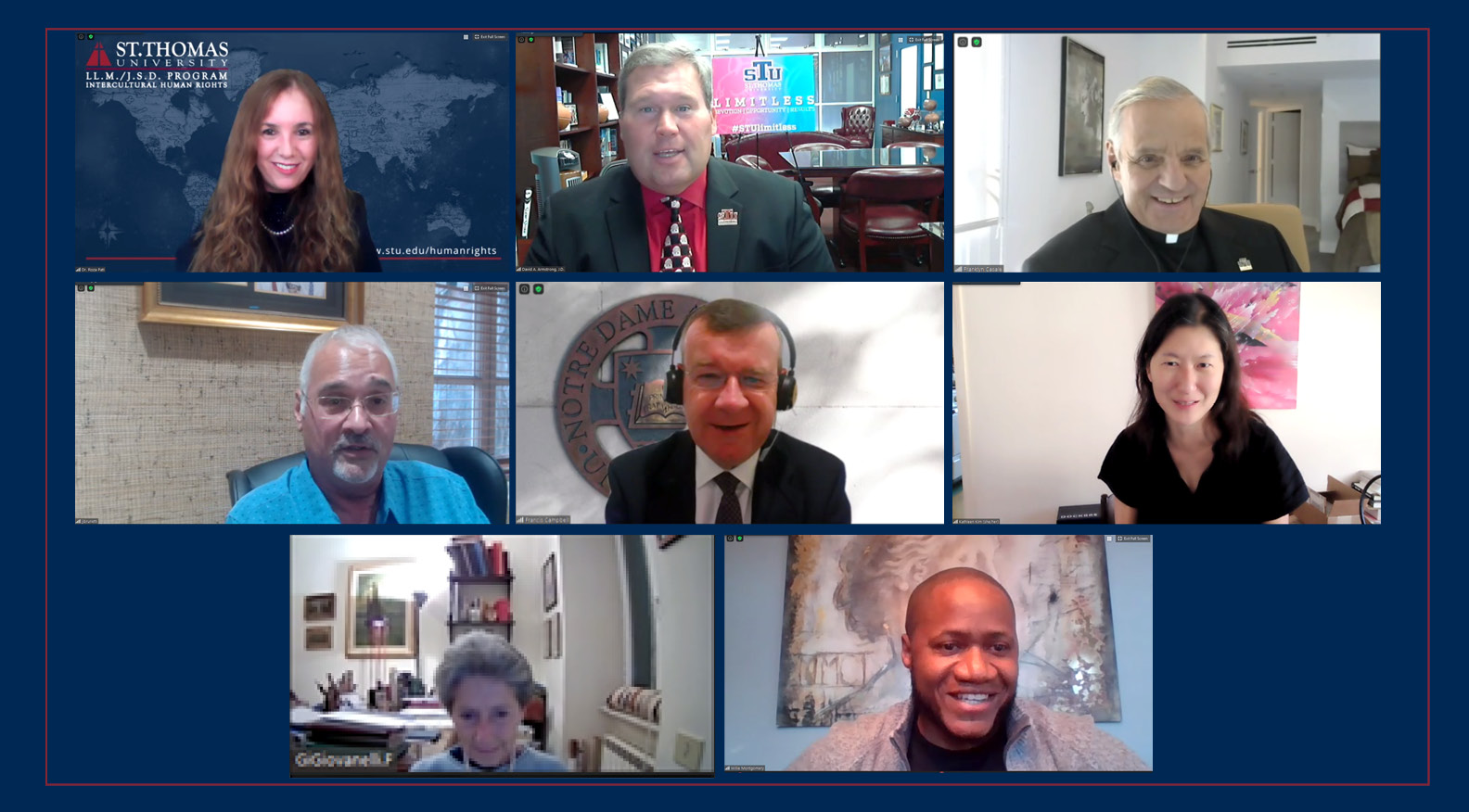
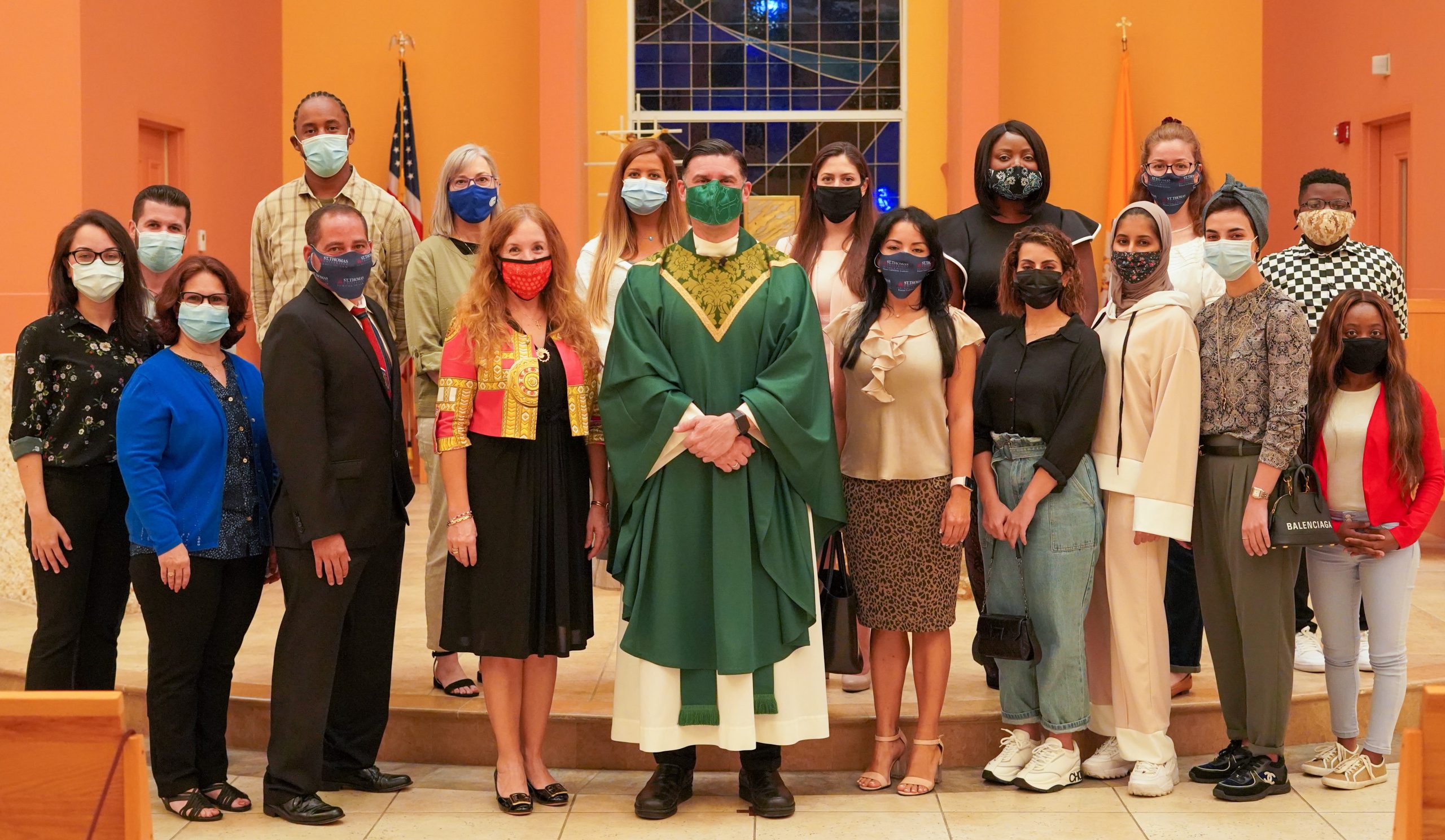
 Ramona D. Miller
Ramona D. Miller Detective Krysten Ridenour
Detective Krysten Ridenour
 The Honorable Amira D. Fox
The Honorable Amira D. Fox Juliana Diaz, LMHC
Juliana Diaz, LMHC Crystal Lee Hamilton
Crystal Lee Hamilton Erika Pineros, LMHC
Erika Pineros, LMHC M. Kazam Hashimi
M. Kazam Hashimi
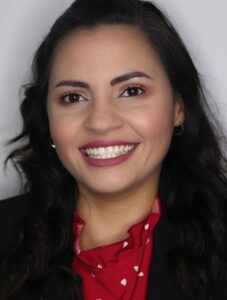 Maryem Reyes
Maryem Reyes
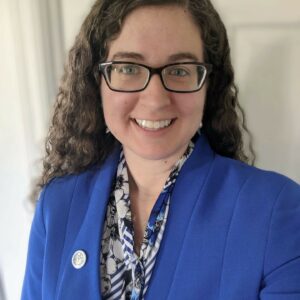 Jennifer Reyes Lay
Jennifer Reyes Lay Sloane Davidson
Sloane Davidson
 Ana I. Vallejo, Esq.
Ana I. Vallejo, Esq.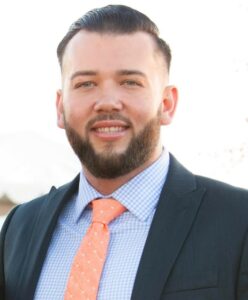 The Honorable Suamhirs Piraino-Guzman
The Honorable Suamhirs Piraino-Guzman Caroline Chisholm
Caroline Chisholm Imelda Medina, MD, MPH
Imelda Medina, MD, MPH
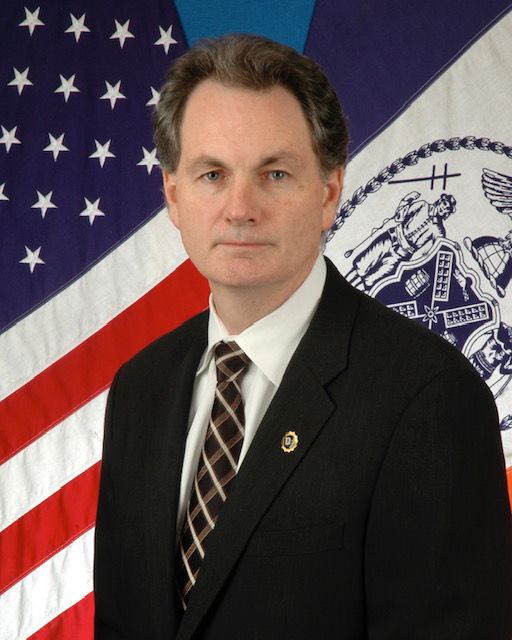
 Kutisha T. Ebron
Kutisha T. Ebron The Honorable Kwami Adoboe-Herrera
The Honorable Kwami Adoboe-Herrera Rebekah Charleston
Rebekah Charleston
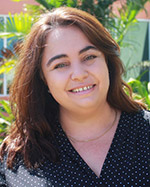 Maria Florencia Cornu Laport, Esq.
Maria Florencia Cornu Laport, Esq.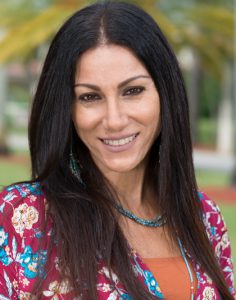
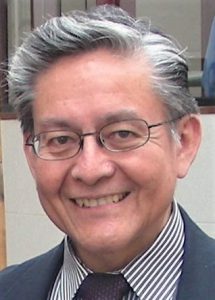




 Maria Vega
Maria Vega




 Gabriela DeBellis
Gabriela DeBellis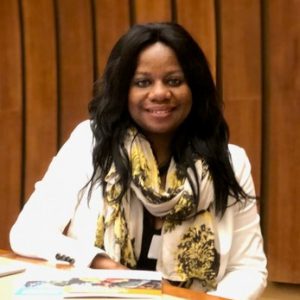 Lerina Bright
Lerina Bright

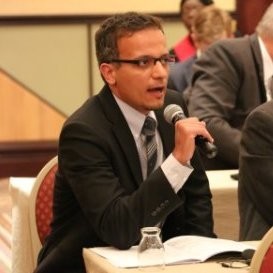
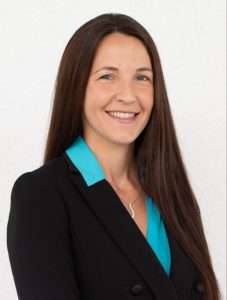
 Ronke Giwa Onafuwa
Ronke Giwa Onafuwa

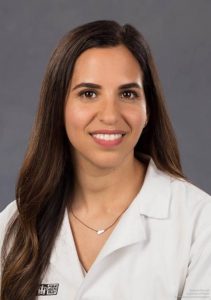


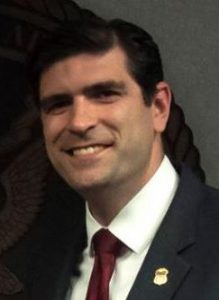

 Myriam Mézadieu
Myriam Mézadieu Thear Suzuki
Thear Suzuki Mary Anne Silvestri
Mary Anne Silvestri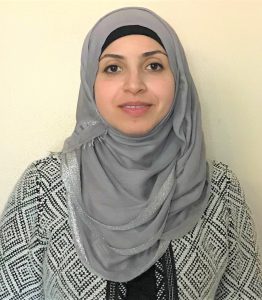

 Susan Patterson
Susan Patterson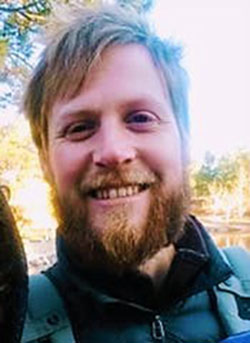 Jordan Bruxvoort
Jordan Bruxvoort